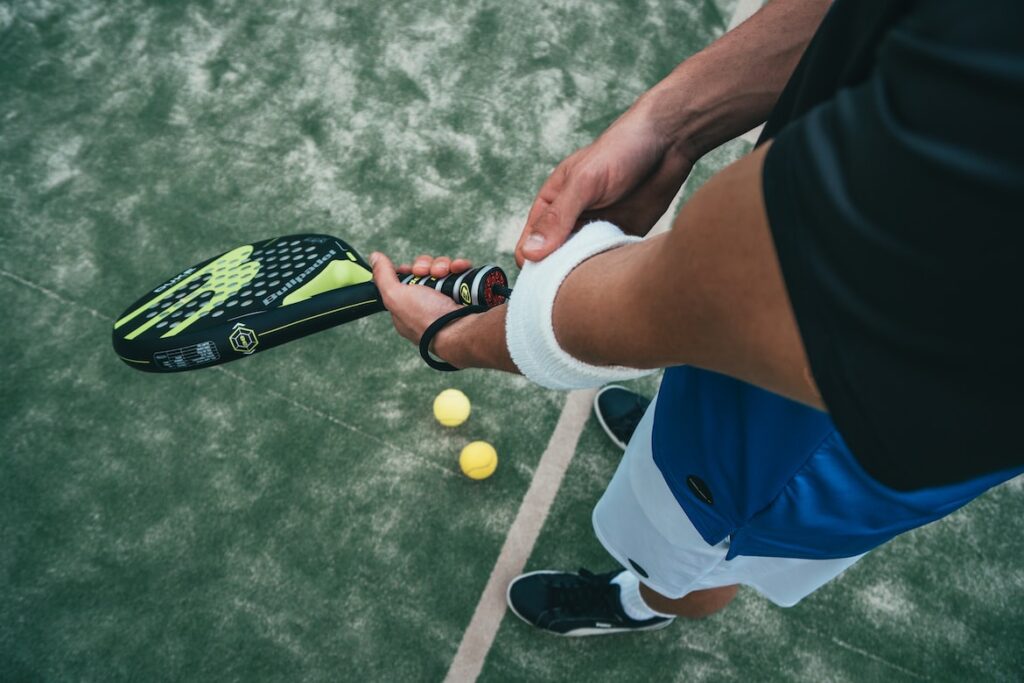Dealing with Nerves and Anxiety in Padel: A Psychological Approach
2 min read
Dealing with Nerves and Anxiety in Padel: A Psychological Approach
Playing padel can be both exciting and nerve-wracking at the same time. It’s a sport that requires plenty of skill, strategy and concentration. These demands, however, can often lead to an increase in nerves and anxiety that could hurt your performance. This article outlines a psychological approach to dealing with nerves and anxiety in padel.
Identifying the Source of Nerves and Anxiety
Before you can manage your nerves and anxiety, you need to understand where they are coming from. Is it a fear of losing that is causing these feelings? Or perhaps a lack of confidence in your ability? By identifying the source, you can start developing strategies to overcome the issue.
Visualization Techniques
Visualization techniques are an effective way of reducing nerves and anxiety. Sit quietly and visualize yourself playing at your best. Focus on the things you do well and the feeling of confidence that comes with it. This technique helps you stay calm and focused during intense matches.
Positive Self-Talk
Negative self-talk can be detrimental to your performance. Instead of saying things like “I can’t do this,” replace them with positive affirmations like “I can do this; I have done it before.” Positive self-talk builds confidence, which gives you more control over your thoughts and emotions.
Deep Breathing Exercises
Deep breathing exercises are one of the most effective ways of calming your nerves and anxiety. Take long, slow breaths through your nose and exhale through your mouth. This technique controls your breathing, which in turn helps you control your body and mind.
Focus on the Process, Not the Outcome
Focusing on the process means concentrating on the things you can control. For example, you can control your footwork, racquet grip and swing technique. Outcome, on the other hand, depends on factors such as your opponent and the weather. When you focus on the process, you are not distracted by the outcome, which reduces anxiety and nerves.
Conclusion
Nerves and anxiety are common in padel, but you can manage them effectively by using psychological techniques. This article has highlighted some of the most effective techniques, including visualization, positive self-talk, deep breathing exercises, and focusing on the process, not the outcome. As you become more familiar with these techniques, you will gain greater mastery over your thoughts and emotions, and ultimately enhance your padel performance. Remember, padel psychology is just as important as physical training in achieving your full potential on the court.






